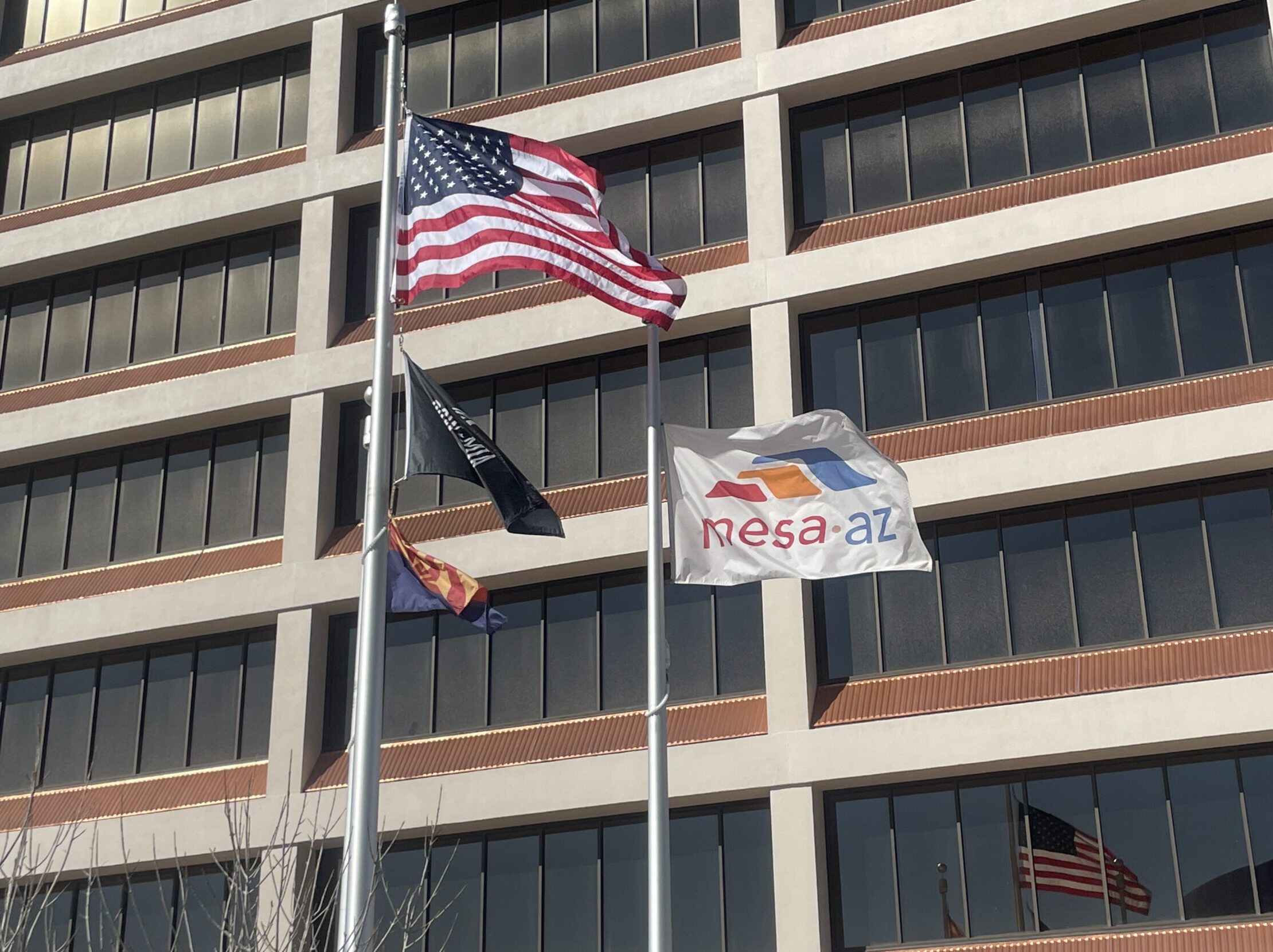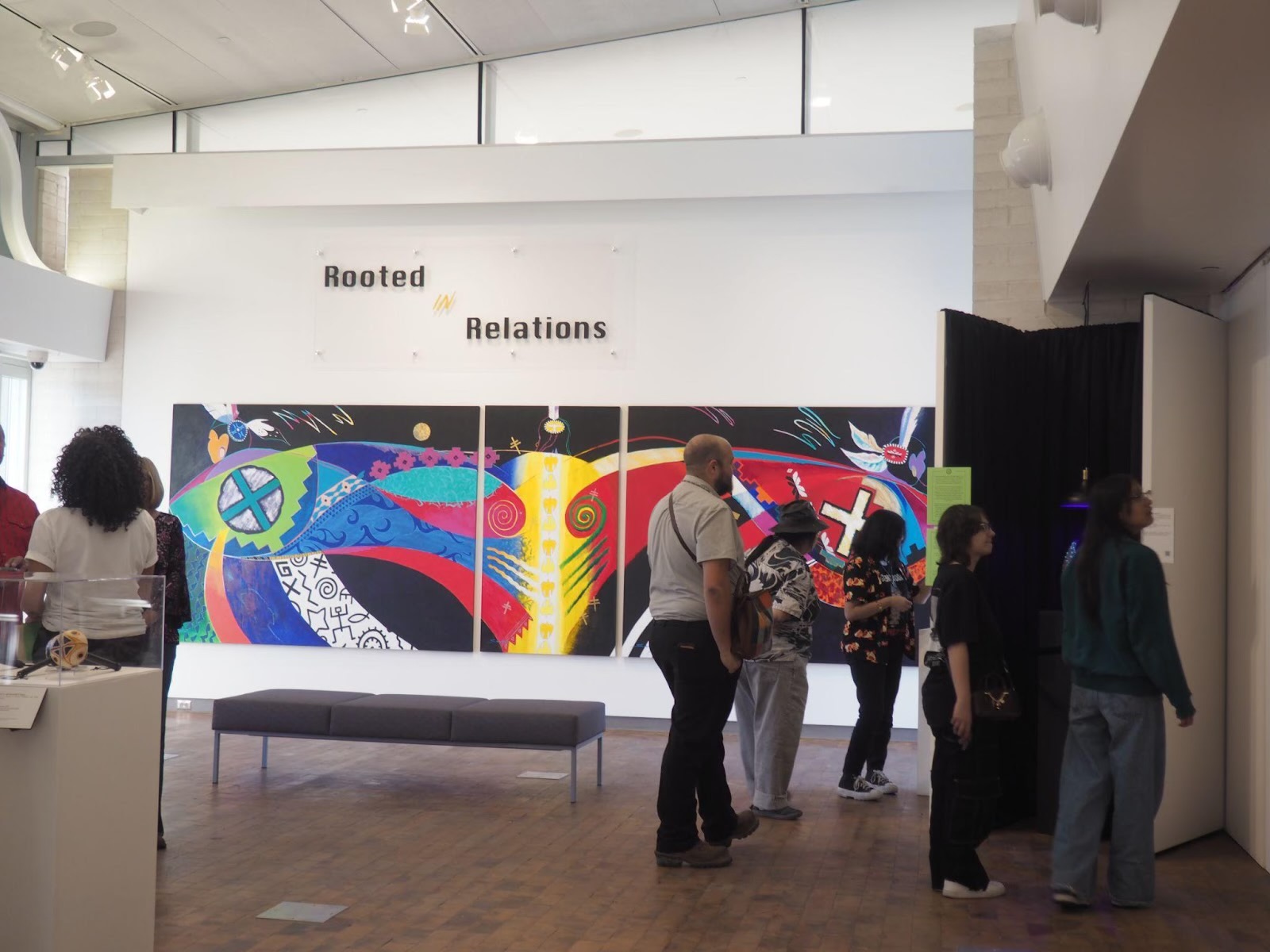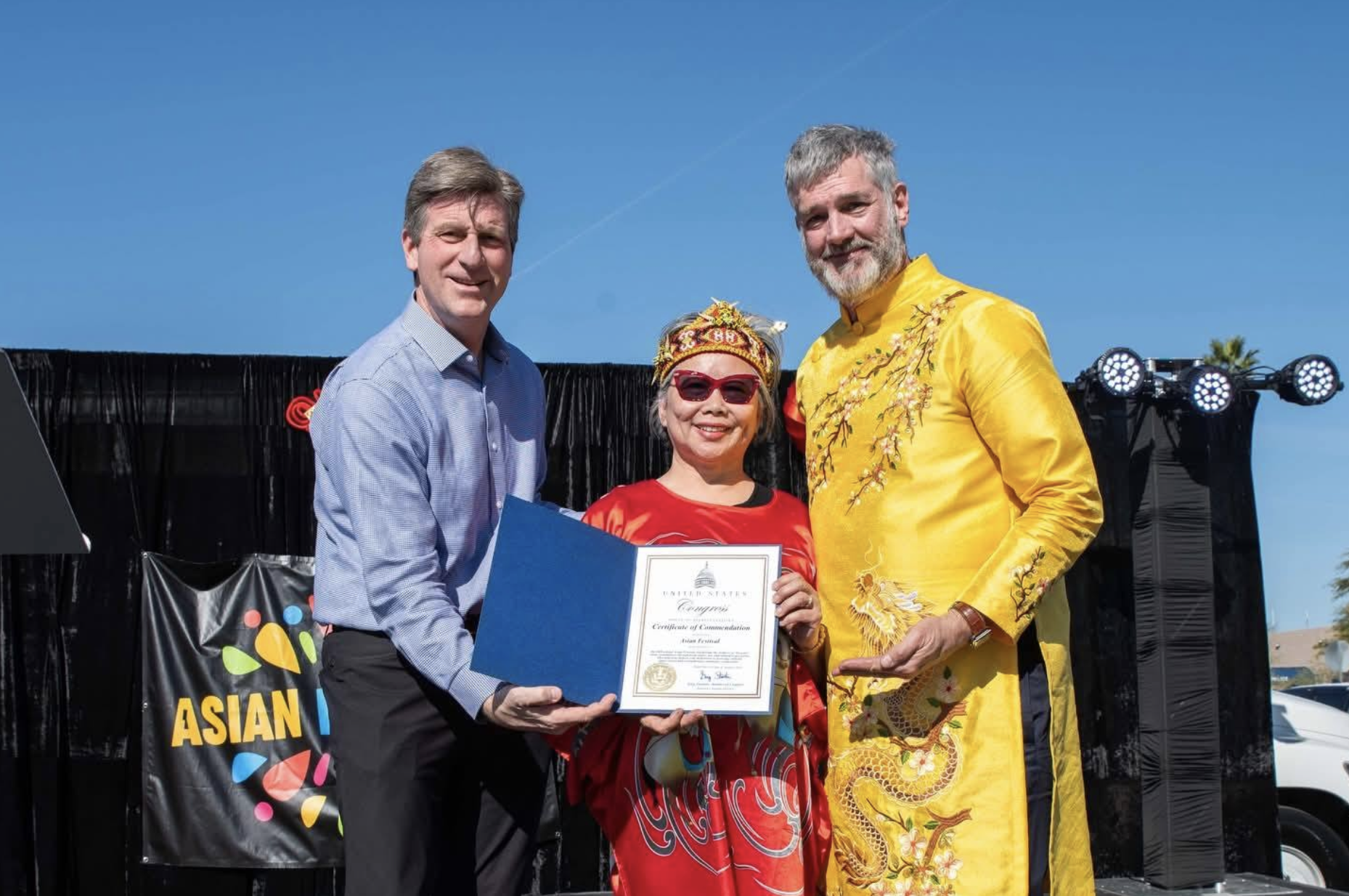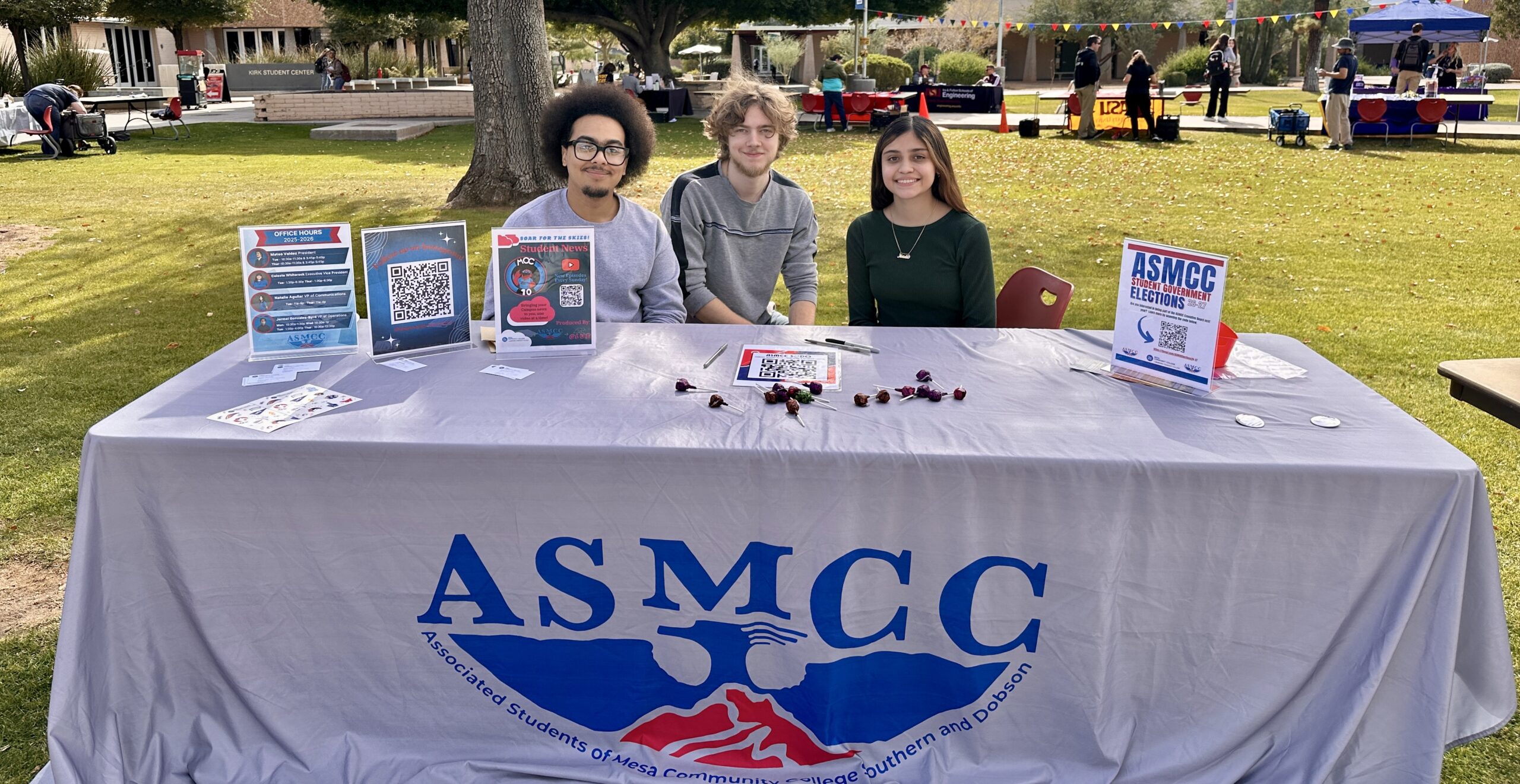The Power of Memes
“I don’t even know what memes are, I’m, like, an old person, so I don’t really know what a meme is.”
-David Harbour
Memes are an enigma. They take commonalities from the shared human experience and transform them into some relatable caricature or art form.
People assume memes originate from only humorous situations, but I don’t believe that to be the case. At least, not if you consider ironically viewing scenes from Bee movie sped up funny.
The real meat of a meme comes from their ability to take any situation, humorous or not, and make it relatable to the extent that it becomes funny.
Depression, anxiety and economic stress are just a few instances where negative emotions or experiences are made relatable through memes. The burden on individuals who feel these emotions are lessened once commonality of the sentiment is established.
Basically, once people know they share the same hardships as others, they don’t feel as bad about them. This unifying imagery is as powerful as it is ambiguous, and purposeful attempts at memery often backfire.
Memes are as over the top as they are powerful. They are honest, and their effectiveness is entirely dependent on the raw input of the human experience.
For example, the only way to meme about depression is to be so depressed you’re only recourse is to stand and laugh at the face of the void. This honesty translates entirely into the media format the meme takes and contributes to its virility.
Once this input has been established, perversion of the original idea becomes possible. This is where the real power of memes becomes apparent, in their ability to skew the broad interpretation of the human experience through the use of mockery.
The climax of Jeb Bush’s popularity in 2016 is the perfect example of this. His popularity came primarily not from his candidacy, but from the memes created through his presidency.
His numbers were so low people were able to relate to his perceived desperation. That perception was then distorted, ironically, to make Jeb bush look like he had a chance at the presidency.
These images spread across social media websites and all of a sudden the joke is “Jeb Bush is going to win the election”.
Here’s the thing though, jokes stick around, and the old phrase, “fake it til you make it” is more reliable than most give credit. Self-confidence is dependent on self-deception, and with enough deception anything can be seen positively.
We deceive ourselves with humor. Experiences that should be taken seriously are obscured in low grade jokes, and what is important is tragically pushed aside.
Our opinions on life are being changed, and by what, someone’s sense of irony?
Is it really that easy?










